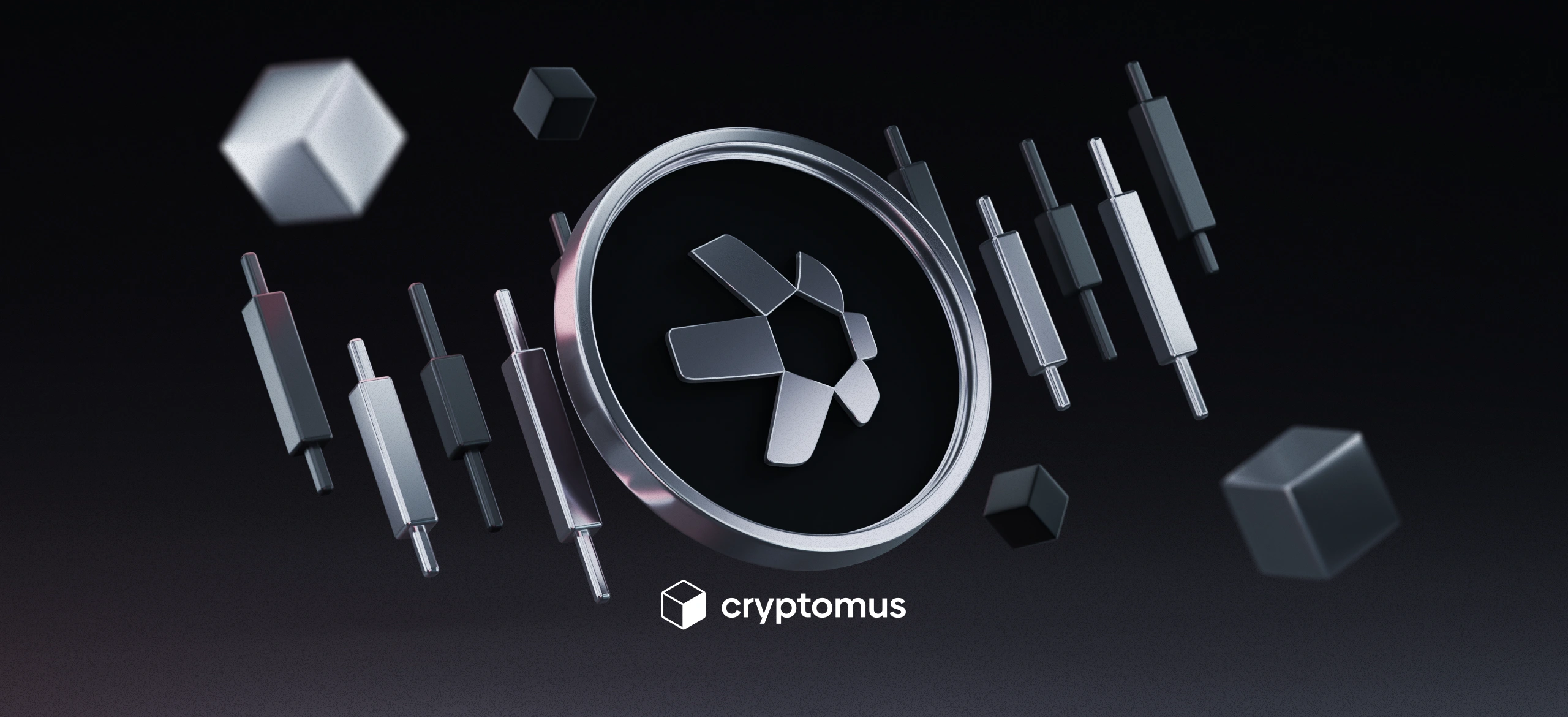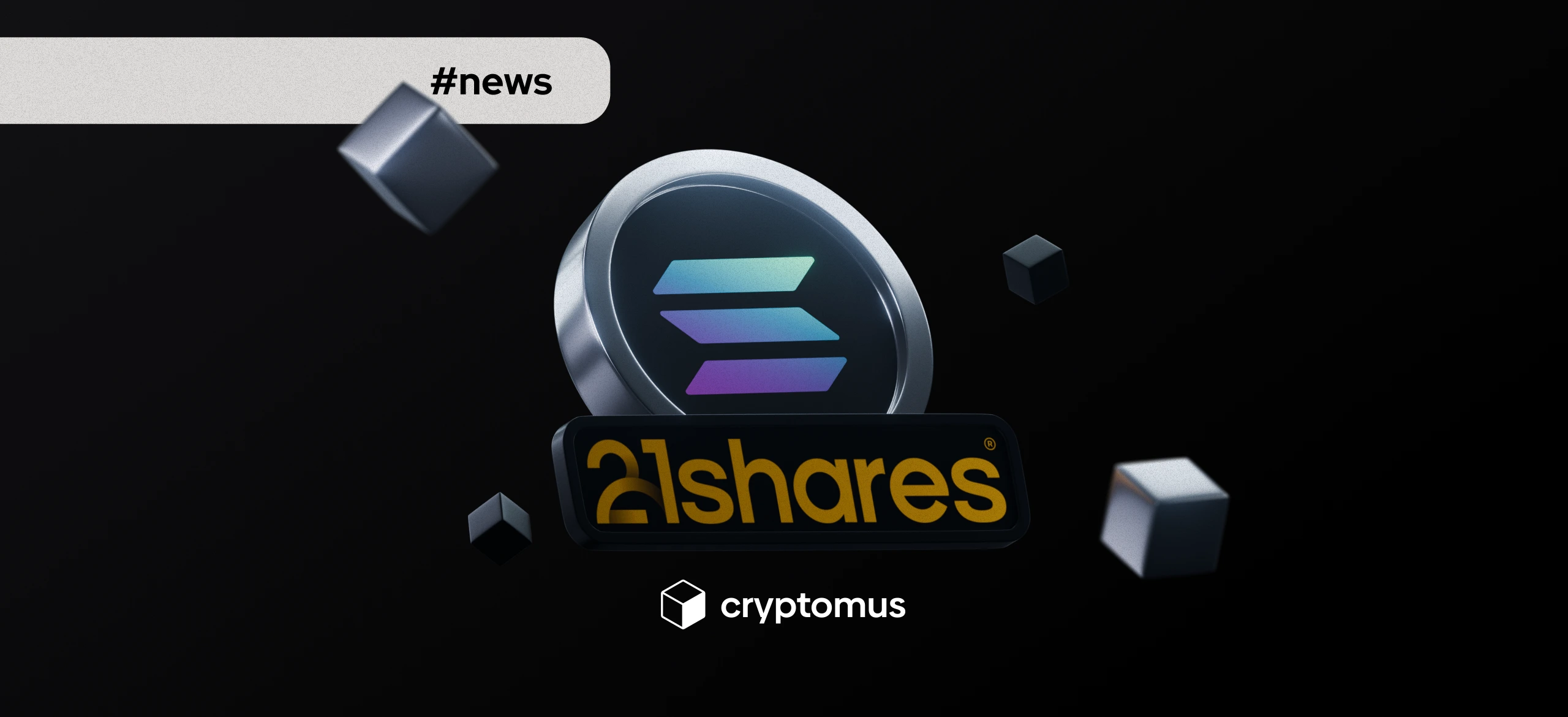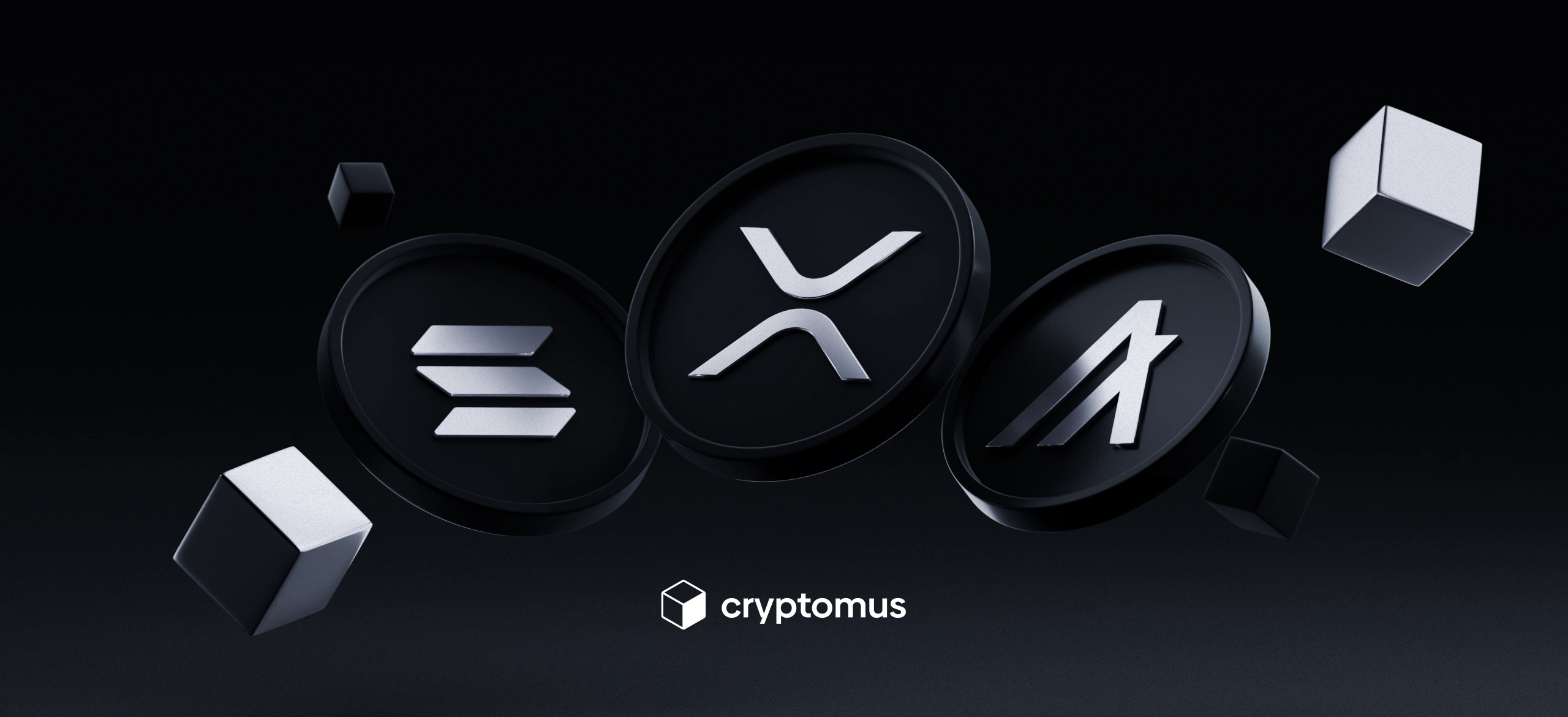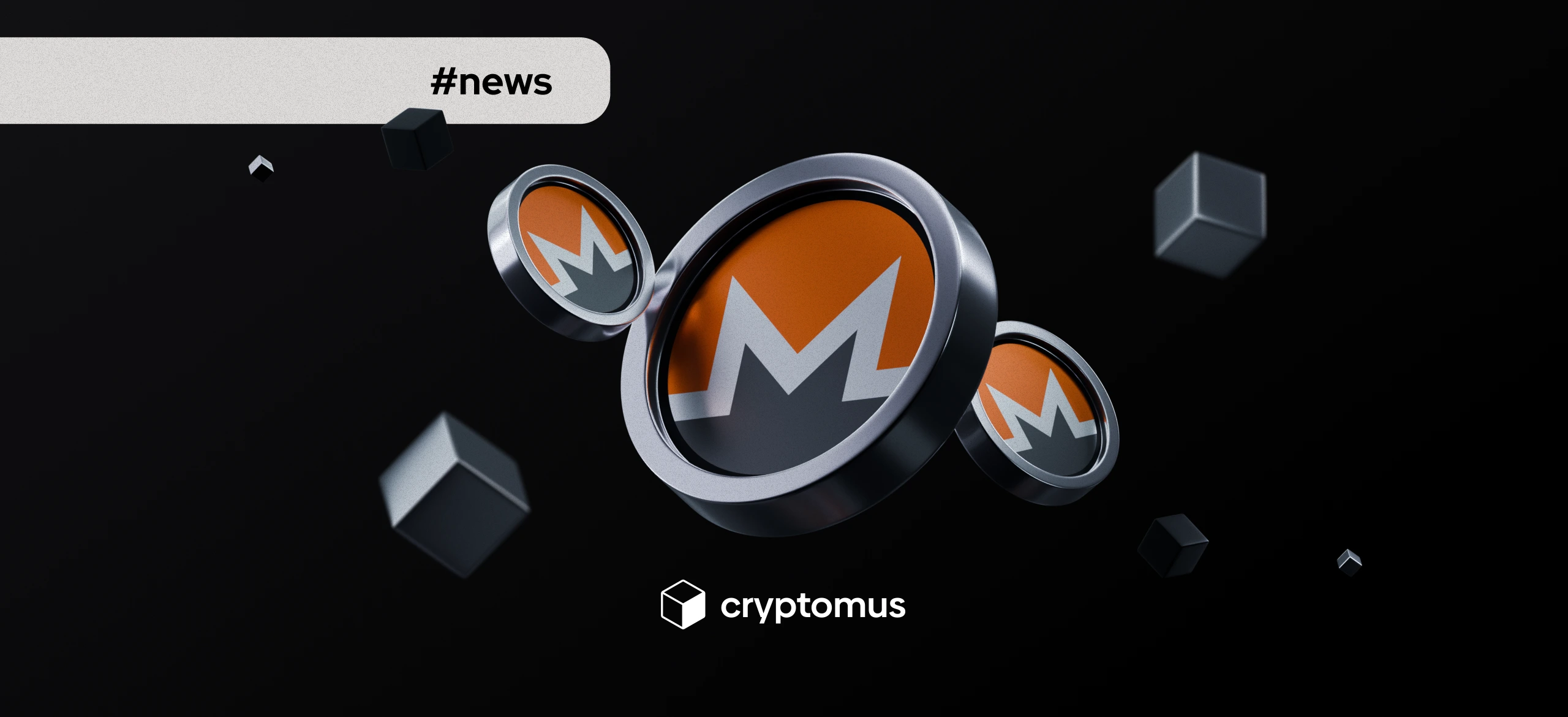
Is Quant A Good Investment?
Table of Contents
Have you ever heard of Quant and its native token QNT? Some may consider it one of the most vital projects in the blockchain interoperability sector. So, is it a good investment? Come along as we try to find the answer to this question. Let’s begin!
Quant As An Investment
Quant (QNT) might be seen as a good investment due to its main goal: to connect different blockchains so they can work together smoothly. Its Overledger Network allows developers and companies to build apps that use more than one chain at once. This feature makes Quant a key player in expanding blockchain tech beyond just the usual single-chain projects. With solid technology, regulatory compliance, and growing adoption, Quant represents a unique opportunity to invest in the future potential of blockchain.
That said, like any other crypto, Quant is highly volatile and dependent on the market movement and evolving regulations. If you’re ready to take those risks, QNT has real potential due to the growing need for blockchain interoperability across different industries. It’s a smart choice for those who look to get in on a project that’s battling an important challenge and helping blockchain technology reach its full potential.
Quant Price Historical Overview
To help you understand the token even better, we’ve arranged its year-by-year price history, highlighting the most important events that affected QNT’s value:
-
2018: Quant kicked off in June 2018 with its token priced around $0.25 during the ICO. The rest of the year was a bit rocky, with prices growing to $3 by November and falling back to $1.8, mostly because the whole crypto market was a bit shaky after the big 2017 boom. Still, this was when Quant started laying the groundwork for its big idea—making blockchains talk to each other more easily.
-
2019: Quant’s price rose to $14 by July and decreased to $3.7 by December. The team kept building and got a nice boost when Gartner named them a “Cool Vendor” in blockchain. While crypto was still finding its feet, Quant was quietly growing its partnerships and getting more noticed in the space.
-
2020: as DeFi took off, Quant’s price started climbing—from about $3.5 early in the year to $11.7 by the end. The release of parts of the Overledger Network helped, and the overall crypto rally gave QNT a good push.
-
2021: Quant rode the wave of the DeFi and NFT craze and shot up to nearly $400 in September. The hype around multi-chain apps and network congestion on Ethereum that alerted everybody in the space made their interoperability solution more relevant than ever. Of course, like many cryptos, it later cooled off as the market pulled back.
-
2022: the bear market hit hard, and QNT’s price slid down to between $50 and $180. Still, the team didn’t slow down—they worked on Overledger 2.0 and kept pushing enterprise adoption. Market uncertainty and tighter regulations kept things challenging.
-
2023: prices steadied in the $80–$160 range while Quant expanded its tech, like adding multi-Dapp smart contracts. More companies started seeing the value in blockchain interoperability, even though the overall crypto scene stayed a bit shaky. Quant kept proving it was more than hype.
-
2024: throughout the year, the value was decreasing from $150 to $55. However, Quant forged new partnerships and improved its platform’s scalability and security. Investors were cautiously optimistic, watching how crypto rules evolved, but the demand for cross-blockchain solutions kept growing. This led to the sharp growth of price which skyrocketed to $160 by December.
-
2025: as of June, QNT sits at about $114 and shows some nice upward momentum despite a mixed crypto market. Quant has become a solid player in making blockchains work together, and with interoperability becoming a top priority in the industry, it’s positioned well for what’s next.

What Should You Consider Before Investing In Quant?
Before investing in QNT, you should get familiar with its nuances that may affect your decision. Here are the most essential of them:
-
Adoption of Overledger: Quant’s success depends heavily on how widely its Overledger interoperability program gets adopted by large enterprises and governments. Monitor partnerships and real-world use cases to track the token’s growth.
-
Big competition: the interoperability space includes projects like Polkadot, Cosmos, and Avalanche. You should study competitors and monitor their news to estimate whether QNT is better or worse in any way.
-
Token utility and demand: QNT is required for developers to build multi-chain applications (mDapps) and pay network fees. The level of developer activity and demand for token usage directly influences QNT’s value.
Is Quant Good As A Long-Term Investment?
Quant looks like a promising option for a long-term investment mainly because it has a great potential for price growth thanks to fighting a real problem in the blockchain world—getting different blockchains to work together smoothly. As businesses and developers start using multiple blockchains, solutions like Quant’s Overledger become more important, acting like a bridge between these networks. With its focus on working with big companies, staying compliant with regulations, and constantly improving its tech, Quant has a solid foundation to grow over time.
That said, investing in any crypto isn’t without risks. The market can be volatile, there’s competition from other projects trying to do similar things, and rules around crypto keep changing. If you’re comfortable with those ups and downs, Quant offers a unique chance to be part of how blockchain technology evolves and becomes more useful in the real world.
When Should You Sell Your Quant?
You should consider selling your QNT tokens when:
You’ve reached your profit target: set clear goals ahead of time—if QNT hits a price where you’re satisfied with your gains, it’s smart to lock in profits.
-
Project development slows or stalls: if key upgrades get delayed or the team’s momentum slows down significantly, it could impact QNT’s future value.
-
Competition heats up: if other interoperability projects start outperforming Quant with stronger tech or wider adoption, consider exiting before QNT loses market share.
-
Regulatory risks increase: if new laws or restrictions threaten Quant’s operations or limit access to exchanges, selling early can help minimize losses.
In conclusion, Quant is a promising project in the blockchain interoperability sector of today’s market. Yes, it still gets highly volatile, but the dev team’s desire to change the way blockchain works now promises a bright future for both the project and its token. If you’re considering buying it, having a solid investment plan and sticking to it will help you avoid FOMO (Fear of Missing Out) and protect your money. If you feel too shaky or uncertain, feel free to consult with the financial advisor: a professional view might change your perception of the situation and lead to the right decision.
Have we answered all your questions about QNT? Are you thinking of investing in it? Why? Let us know in the comments below!
Simplify Your Crypto Journey
Want to store, send, accept, stake, or trade cryptocurrencies? With Cryptomus it's all possible — sign up and manage your cryptocurrency funds with our handy tools.
Get Started









